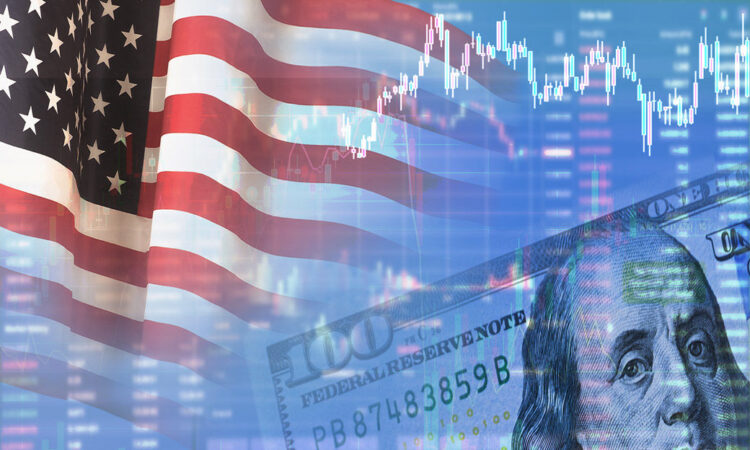
Though the US think tank does not anticipate a recession this year, it does expect consumer spending growth to cool further and for overall gross domestic product (GDP) growth to slow to under 1 per cent between the second quarter (Q2) and the third this year.
The US economy started this year on a softer note than anticipated as elevated inflation and interest rates continued to weigh on the economy, The Conference Board noted.
It does not anticipate a recession this year, but does expect consumer spending growth to cool further and for overall GDP growth to slow to under 1 per cent between the Q2 and Q3 2024.
Thereafter, inflation should gradually normalise to the Federal Reserve’s 2-per cent target in 2025 as quarterly annualised GDP growth rises toward its potential of near 2 per cent, the think tank said in a release.
The TCB leading economic index (LEI) for the country decreased by 0.6 per cent in April this year to 101.8 after decreasing by 0.3 per cent in March. Over the six-month period between October 2023 and April 2024, the LEI contracted by 1.9 per cent—a smaller decrease than its 3.5-per cent decline over the previous six months.
The LEI provides an early indication of significant turning points in the business cycle and where the economy is heading in the near term.
“Another decline in the US LEI confirms that softer economic conditions lay ahead,” said Justyna Zabinska-La Monica, TCB senior manager, business cycle indicators.
“Deterioration in consumers’ outlook on business conditions, weaker new orders, a negative yield spread, and a drop in new building permits fueled April’s decline. In addition, stock prices contributed negatively for the first time since October of last year. While the LEI’s six-month and annual growth rates no longer signal a forthcoming recession, they still point to serious headwinds to growth ahead, she added.
Interest rates should fall starting in late 2024, but may stabilise at levels exceeding the pre-pandemic average.
Though US consumer spending held up remarkably well in 2023 despite numerous headwinds, the trend has begun to wane, the think tank noted. Real retail sales growth is in retreat and consumer confidence has fallen for several months.
Gains in real disposable personal income growth are softening, pandemic savings have been exhausted, and household debt is increasing rapidly. Consumers are spending more of their income to service debt and auto loan and credit card delinquencies are rising quickly.
Thus, the think tank forecasts that overall consumer spending growth will continue to slow in Q2 and Q3 2024 as households struggle to find a new equilibrium between income, debt, savings and spending.
The TCB coincident economic index (CEI) for the United States rose by 0.2 per cent in April to 112.3 after also increasing by 0.2 per cent in March.
As a result, the CEI was up by 0.9 per cent over the six-month period ending April 2024, slightly ahead of its 0.8-per cent increase over the previous six months. The CEI offers an indication of the current state of the economy.
Fibre2Fashion News Desk (DS)






